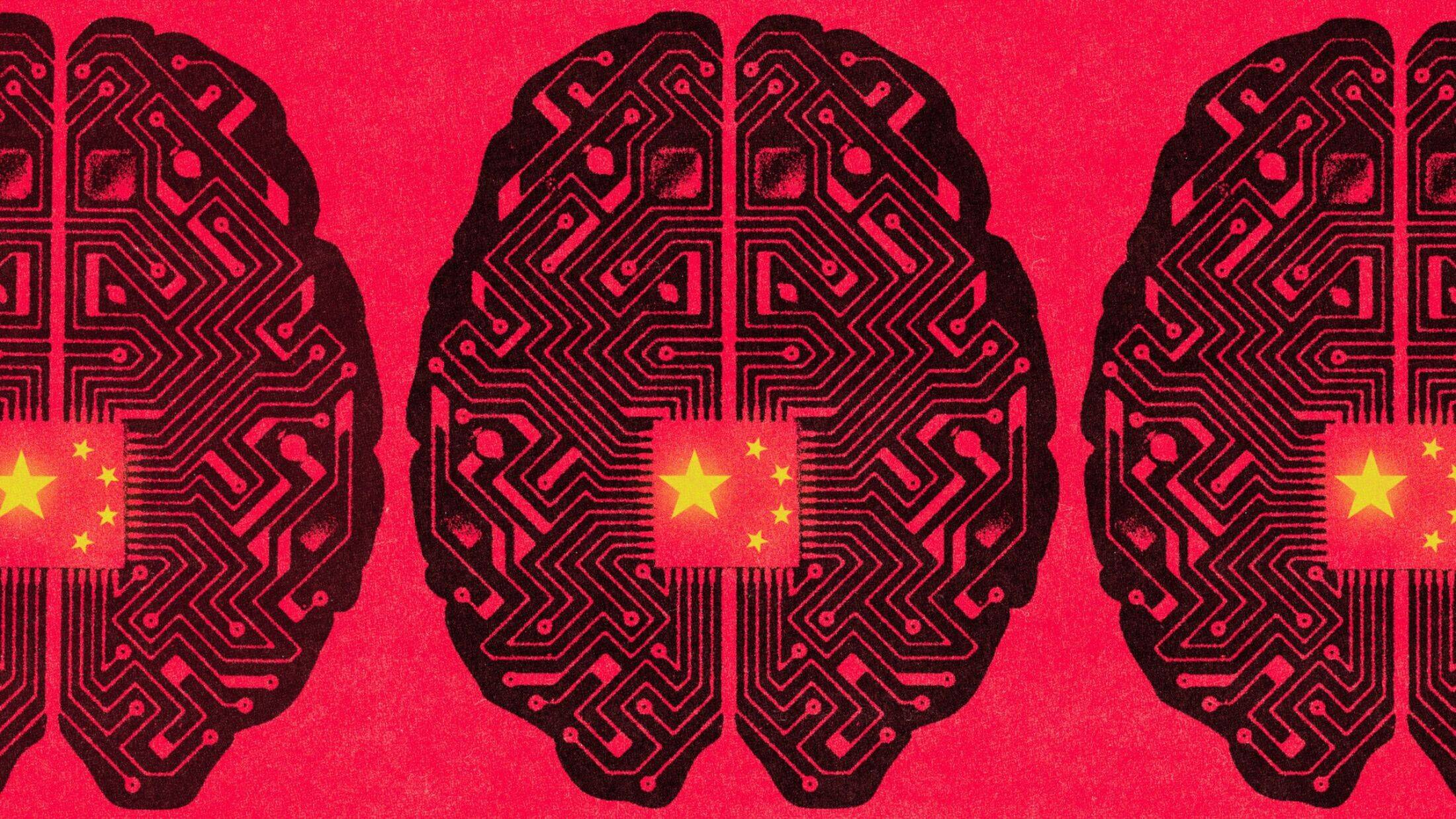China’s tech sector has a new obsession: competing with U.S. titans like Google and Microsoft in the breakneck global artificial intelligence race.
Billionaire entrepreneurs, midlevel engineers and veterans of foreign firms alike now harbor a remarkably consistent ambition: to outdo China's geopolitical rival in a technology that may determine the global power stakes. Among them is internet mogul Wang Xiaochuan, who entered the field after OpenAI’s ChatGPT debuted to a social media firestorm in November. He joins the ranks of Chinese scientists, programmers and financiers — including former employees of ByteDance, e-commerce platform JD.com and Google — expected to propel some $15 billion of spending on AI technology this year.
For Wang, who founded the search engine Sogou that Tencent bought out in a $3.5 billion deal less than two years ago, the opportunity came fast. By April, the computer science graduate had already set up his own startup and secured $50 million in seed capital. He reached out to former subordinates at Sogou, many of whom he convinced to come on board. By June, his firm had launched an open-source large language model and it’s already in use by researchers at China’s two most prominent universities.


















With your current subscription plan you can comment on stories. However, before writing your first comment, please create a display name in the Profile section of your subscriber account page.